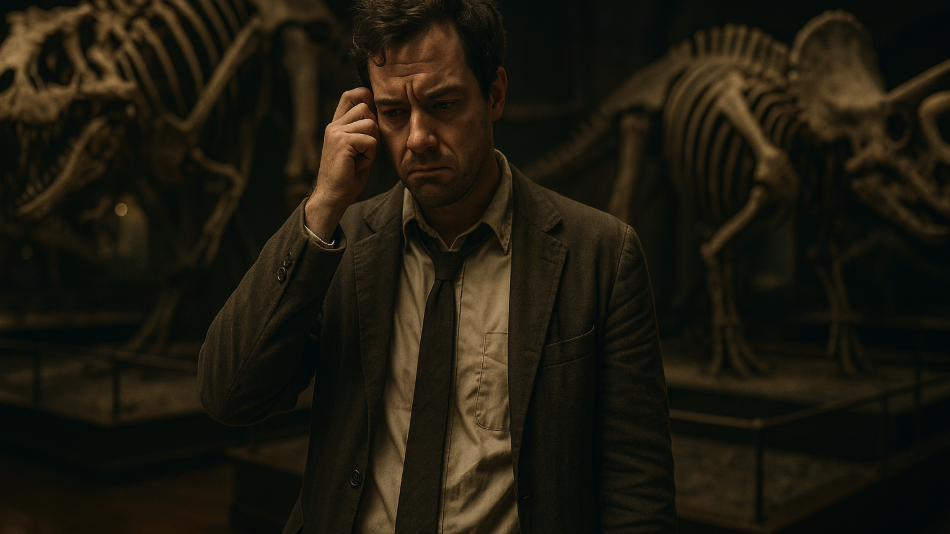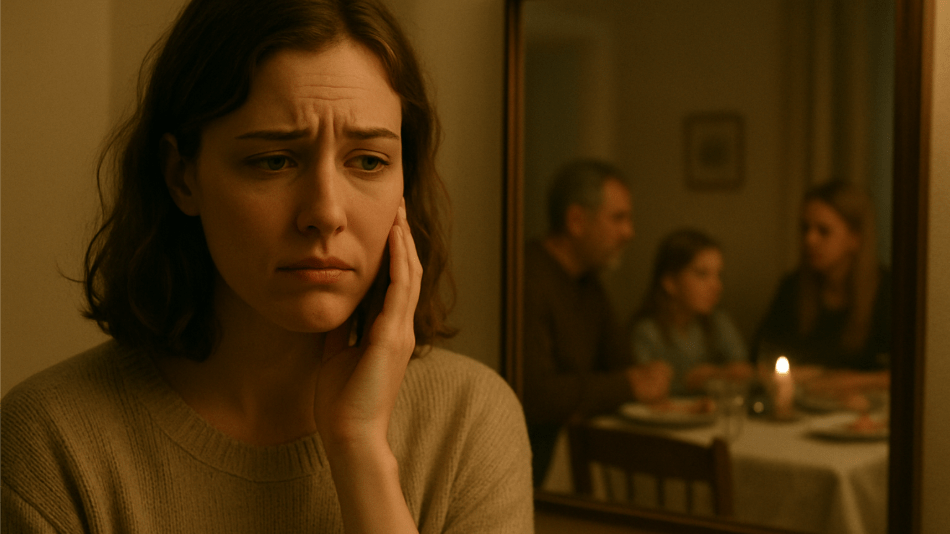We’ve all had those moments—misunderstandings with a friend, tension over a careless comment, or hurt feelings that linger longer than they should. But what if you could learn how to navigate those tricky situations from some of the most iconic characters on TV? Friends might be best known for its humor and heartwarming moments, but it also offers surprising wisdom when it comes to dealing with conflict. In this article, we’ll explore lessons on conflict resolution from Friends—unpacking how Monica, Ross, Rachel, Joey, Chandler, and Phoebe handled drama, resolved their differences, and kept their friendships intact through it all.
Understanding Conflict in Friendships
Every friendship faces conflict at some point. It could be a small disagreement or a major misunderstanding. That’s normal. What matters most is how you handle it.
In Friends, we see all kinds of drama—jealousy, hurt feelings, broken trust—but the characters often work through it and grow stronger. Conflict doesn’t mean the end of a friendship. In fact, resolving it the right way can bring people closer.
Key Point: Conflict is part of every close relationship. It’s not about avoiding it, but learning how to deal with it with honesty, empathy, and respect.

Monica vs. Rachel: Roommate Tension and Growing Apart
One of the most relatable lessons on conflict resolution from Friends comes from Monica and Rachel’s changing friendship. When Rachel moved out to live with Phoebe, Monica felt hurt and abandoned—but she didn’t say it right away.
This silent tension caused distance between them. It was only after an open and honest talk that they cleared the air and reconnected.
Lesson: Unspoken feelings create bigger problems.
Real-life tip: If something’s bothering you, talk about it. Be honest, but kind. Good communication can save a great friendship.

Joey and Chandler: The Kathy Love Triangle
Another powerful example of lessons on conflict resolution from Friends is when Chandler falls for Kathy—Joey’s girlfriend. Chandler hides his feelings but eventually kisses her, breaking Joey’s trust.
Joey is hurt and angry. Instead of ignoring it, Chandler owns up to his mistake and even agrees to sit in a box to prove how sorry he is. That silly gesture shows how far he’s willing to go to fix the friendship.
Lesson: Taking responsibility matters.
Real-life tip: If you hurt a friend, apologize sincerely. Actions, not just words, help rebuild trust.

Ross and Rachel: The “We Were on a Break” Saga
One of the most talked-about lessons on conflict resolution from Friends comes from Ross and Rachel’s famous breakup. After a fight, they decide to take a break—but without clear rules. Ross ends up with someone else, and Rachel feels betrayed.
This leads to years of tension and misunderstandings. The problem? They never clearly communicated what “a break” meant.
Lesson: Miscommunication causes long-term damage.
Real-life tip: Be clear about expectations. If something is unclear, talk it through before making decisions. Honest conversations prevent bigger problems later.

Phoebe and Joey: Honest Conversations and Mutual Respect
Phoebe and Joey rarely fought, but they showed one of the best lessons on conflict resolution from Friends—how to disagree with honesty and respect. When they had different opinions or hurt feelings, they always talked it out calmly.
They never insulted or ignored each other. Instead, they listened and stayed honest, even when the truth was uncomfortable.
Lesson: Respect keeps friendships strong.
Real-life tip: You don’t have to agree on everything. Speak honestly, listen fully, and value your friend’s feelings—even when you see things differently.

Monica and Ross: Sibling Conflicts and Reconciliation
Monica and Ross’s relationship shows that even family members face conflict. As siblings, they often clashed—whether it was over childhood rivalry or hurtful comments. Yet, they always found a way to reconcile, often through humor and shared memories.
Their bond remained strong because they acknowledged the past, laughed at their differences, and forgave each other.
Lesson: Don’t let past conflicts define your present relationship.
Real-life tip: Forgive and move forward. Sometimes, a good laugh and understanding can heal old wounds and strengthen a bond.

Group Dynamics: Handling Collective Disagreements
In Friends, the group often faced collective disagreements—whether it was over secrets, decisions, or misunderstandings. A great example is when Chandler and Monica’s relationship was kept secret, and the group had differing opinions on how to handle it.
The key takeaway? They communicated openly as a group, respecting each other’s feelings and finding solutions together.
Lesson: Group conflicts require collective understanding.
Real-life tip: In group dynamics, make sure everyone’s voice is heard. Open communication and mutual respect help maintain harmony, even when there’s disagreement.

Key Takeaways: Conflict Resolution Tips from Friends
The characters of Friends show us valuable lessons in conflict resolution. Here are the key takeaways:
- Communicate early and clearly. Don’t let issues fester—talk things through before they escalate.
- Own your mistakes. Apologize sincerely when you hurt someone, and show you’re committed to making it right.
- Respect each other’s perspectives. Listen actively, even if you disagree.
- Don’t let ego get in the way. Put the relationship first, not who’s right or wrong.
- Use humor to lighten tension. A good laugh can help, but never avoid serious talks.
Real-life tip: These simple yet effective strategies can help you build stronger, more resilient friendships.
Conclusion
In Friends, the characters may not always get it right, but they show us that conflict is an inevitable part of any relationship. What makes their friendships last is their ability to resolve disagreements with honesty, empathy, and respect. By learning from their mistakes and triumphs, we can apply these lessons on conflict resolution from Friends to our own lives.
Remember, conflicts don’t have to break friendships—they can strengthen them if handled with care. So, next time you face drama with a friend, try using clear communication, take responsibility, and approach the situation with kindness. That’s how you’ll keep your bond stronger than ever.













